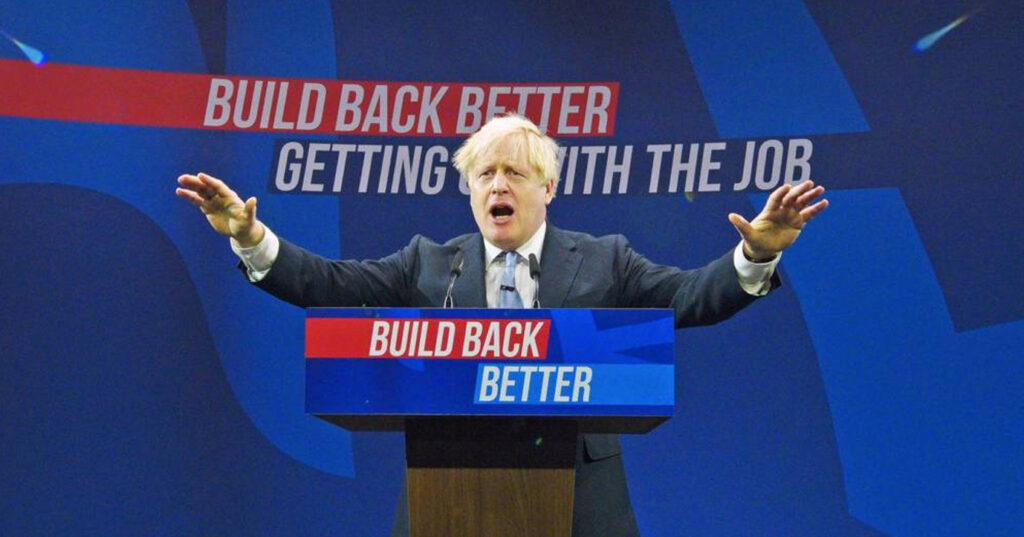
This article was first published in the Mail on Sunday. The full report and data tables are below.
On the face of it, the government is in real trouble. The Supreme Court ruling against the Prime Minister follows a succession of parliamentary defeats, defections, expulsions and daily headlines about turmoil and chaos. But it is a good rule of thumb in politics that the noisier it gets, the more it pays to take a step back, a deep breath, and a good look at the bigger picture.
My latest research, published today, looks at the fundamentals: how voters have reacted to the drama not just of the last few weeks but the years since the referendum, and how this week’s events fit into the longer story. For many people, and not just among those who backed Leave in the increasingly distant 2016 referendum, that story is one of frustration and failure – or, worse, deliberate actions to delay Brexit for as long as possible or stop it altogether. That is the context in which many see the Supreme Court’s decision. Many of the Brexit supporters we spoke to were not so much angered as bemused by the ruling: “they seem to have made up a law and found Boris guilty of breaking it,” as one put it. More telling, for them, is who brought the case in the first place: “The people bringing these lawsuits have got money,” one of our focus group participants observed. “It’s like they’ve got an extra vote somehow. They have their own interests and they’re not interested in us at all. Your vote, my vote is meaningless because it can be undermined by people of influence.”
Read more


